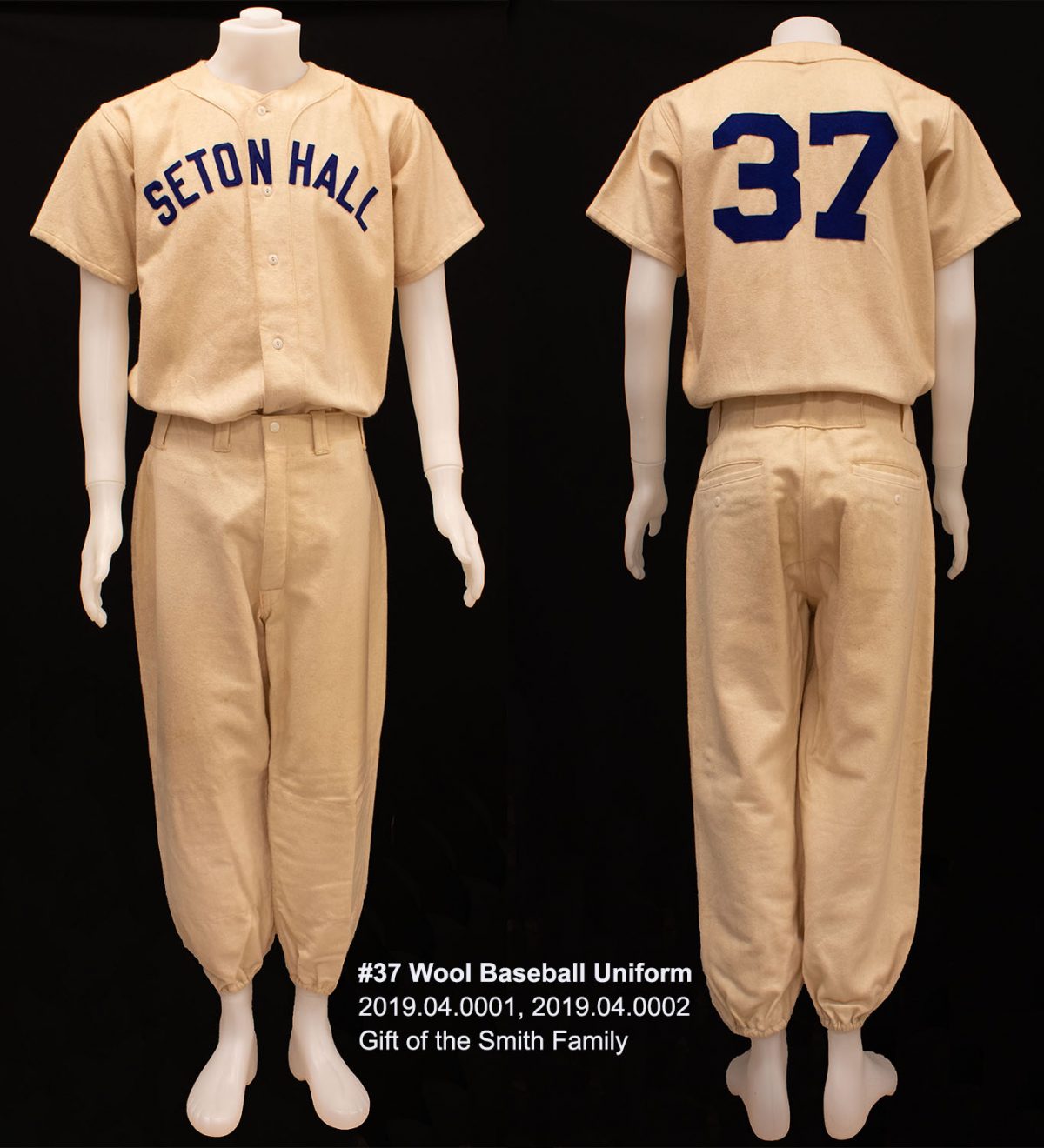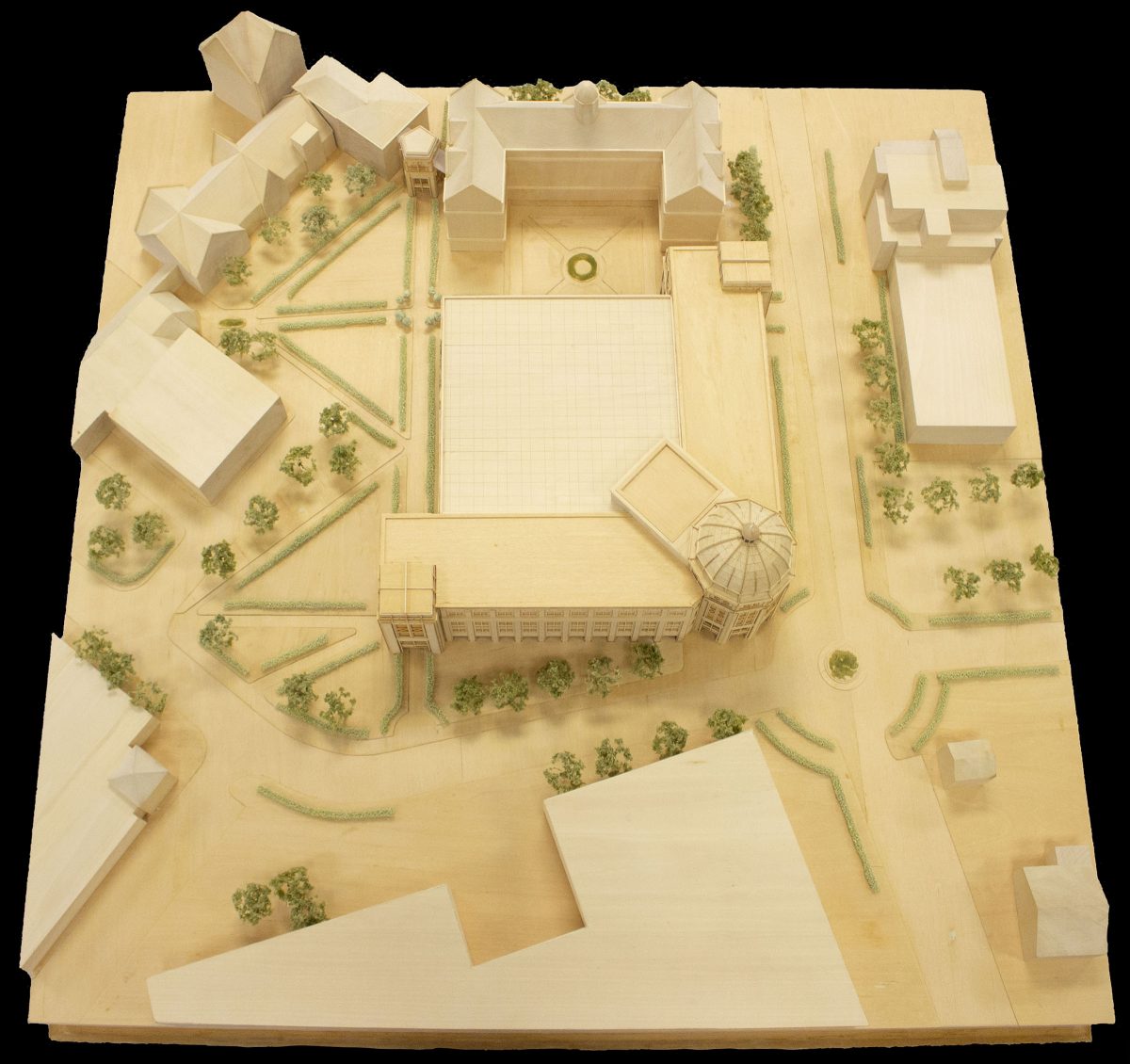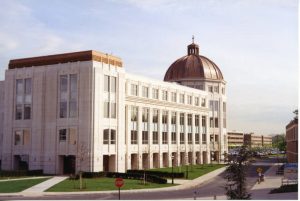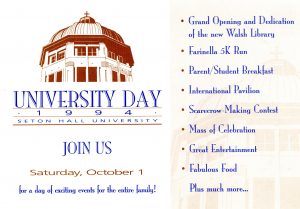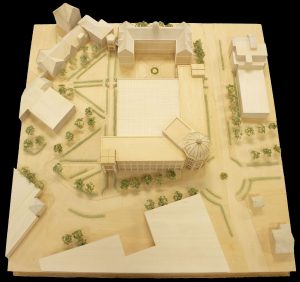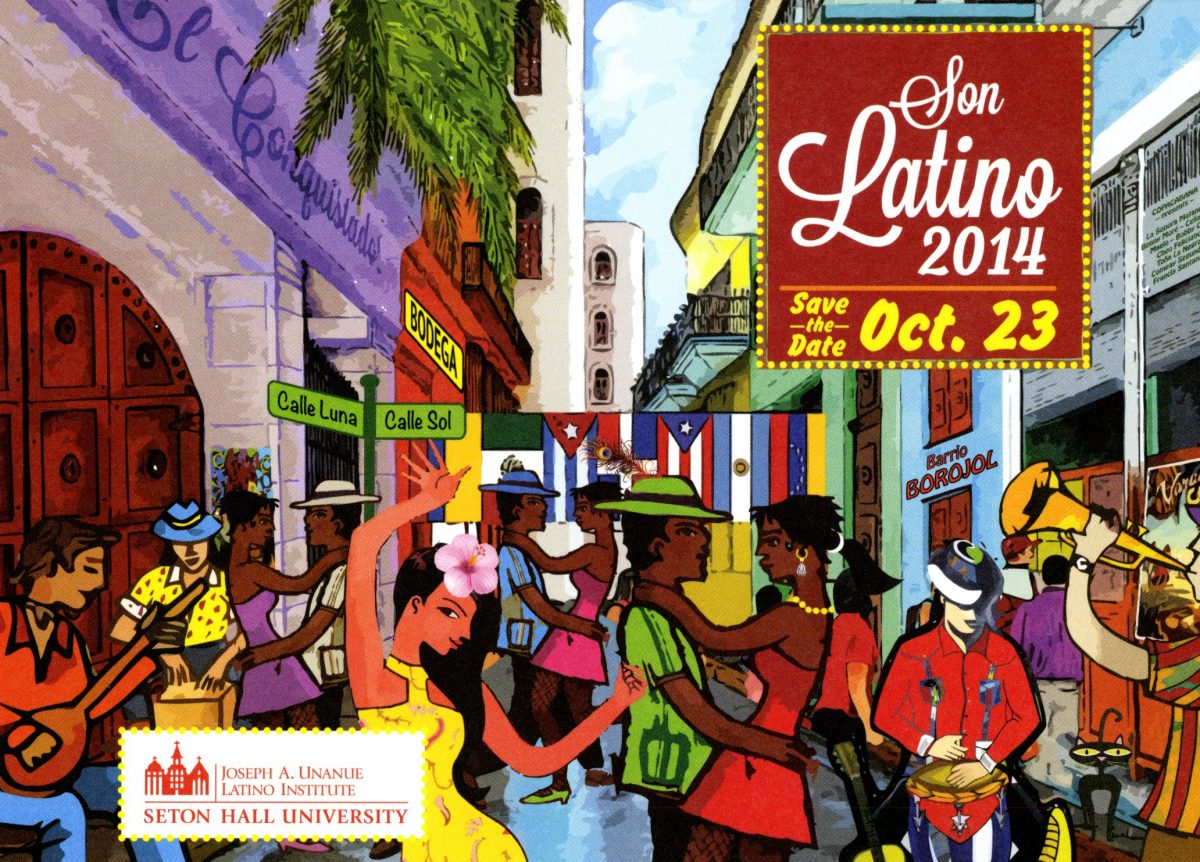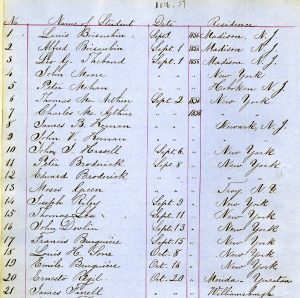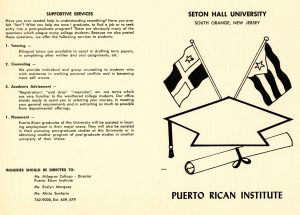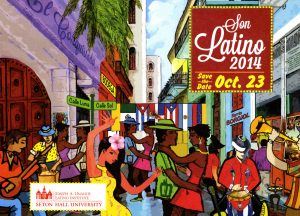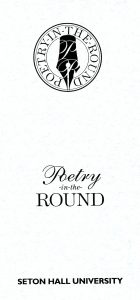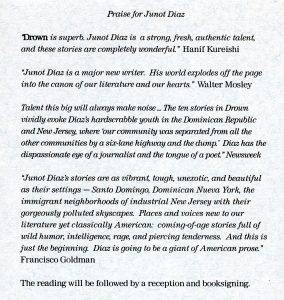The COVID-19 pandemic has disrupted life at Seton Hall as it has for millions of others around the country and the world. In the name of saving lives by practicing social distancing, it has scattered us into our homes around the region and the country. Although we are now physically distant from one another, we remain united as Setonians through our connection to Seton Hall.
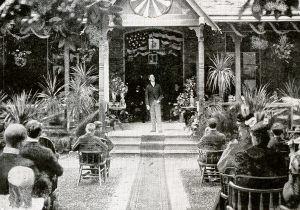
To reconnect as a community, we seek your stories of what this time has been like for you. We have established a website to submit short personal narratives. We hope that sharing these stories with one another will bring us back together in a new way, through sharing our personal experiences of this moment. When we move forward, because there will be a time when we move forward, we plan to listen to these stories together as a community, reflect on what we have learned, and let them guide us into the future.
To participate, please record a 1-3 minute narrative about your experience, using any video or audio equipment available to you, and submit the file to our e-Repository. Please also submit an image that represents your narrative, which will appear next to your recording in the published archive.
Questions to guide your response:
- What is your day to day life like? What would you want people in the future to know about what things are like for us now?
- What has been most challenging about this time? What do you miss about your life before the pandemic? Are there specific places or things on campus that you miss?
- Essential is a word we are hearing a lot right now. What does essential mean to you? Who is essential? What are we learning about what is essential?
- What is COVID-19 making possible that never existed before? What good do you see coming out of this moment? How can we re-frame this moment as an opportunity?
- What is it you want to remember about this time? What have you learned?
- After this pandemic ends, will things go back to the way they were? What kinds of changes would you like to see? How will you contribute to rebuilding the world? What will you do differently?
Choose the one that speaks to you, or address more than one if you wish.
With thanks to the scholars and librarians who came together to create this project: Professors Angela Kariotis Kotsonis, Sharon Ince, Marta Deyrup, Lisa DeLuca, and Alan Delozier, Technical Services Archivist Sheridan Sayles and Assistant Deans Elizabeth Leonard and Sarah Ponichtera.
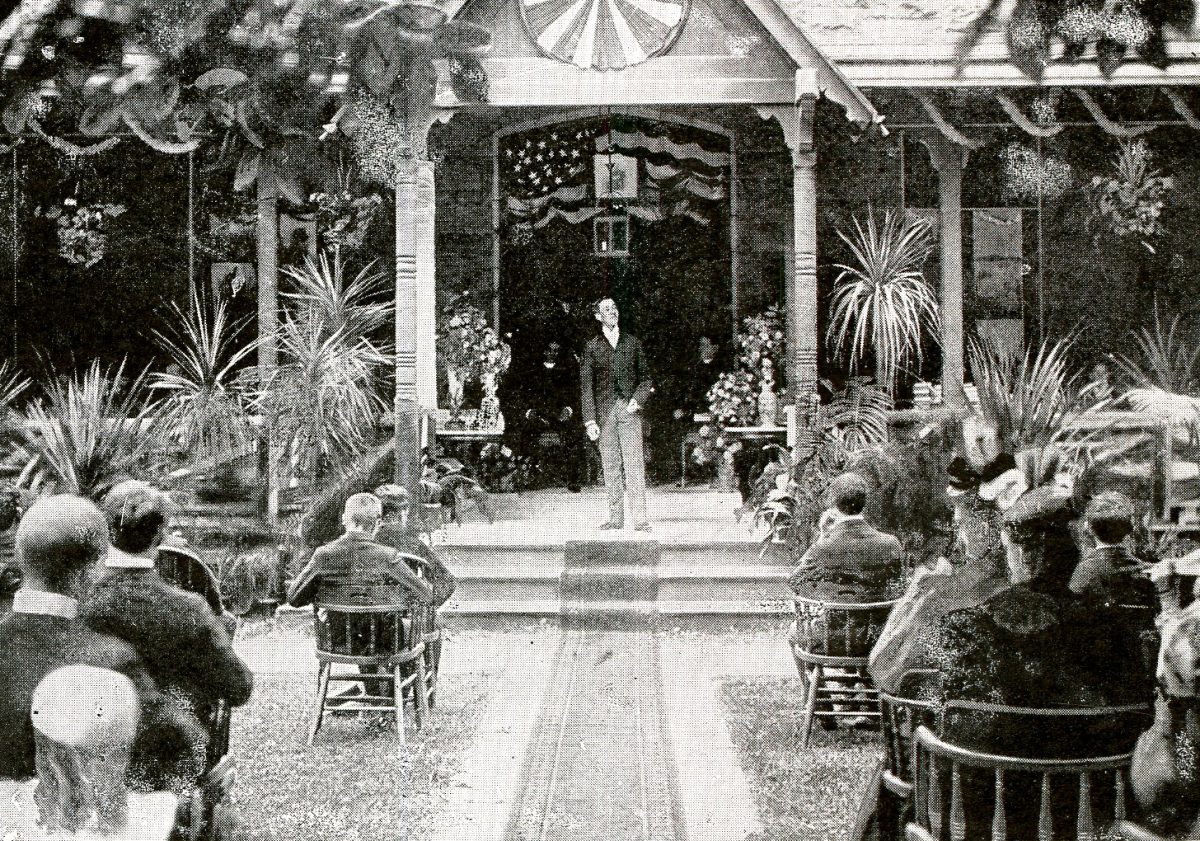
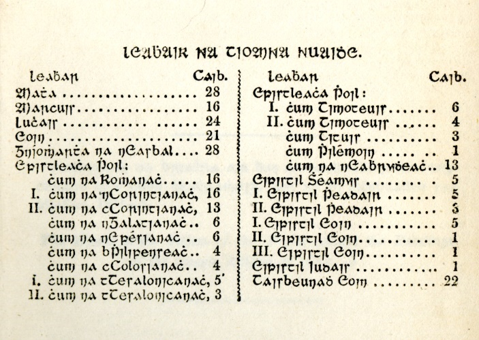
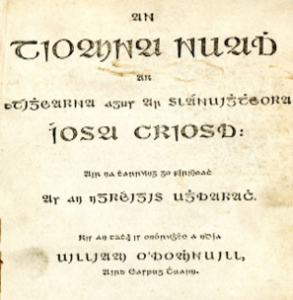
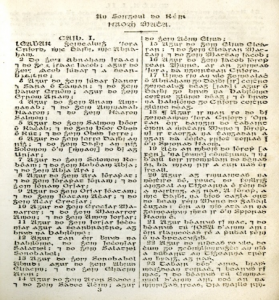
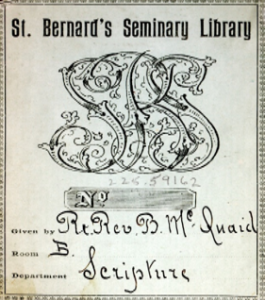 In addition to the content, the 1830 tome is particularly special as it features a bookplate that our copy was originally donated by Bishop Bernard J. McQuaid (1823-1909) to the now defunct St. Bernard’s Seminary in Rochester, New York which he had founded in 1893. The circuitous route of this book has found its way to our collection with strong connections to the original donor who was noted as a solid advocate of Catholic educational endeavors. Upon ordination in 1848, McQuaid whose parents came from Tyrone and raised in nearby Powel’s Hook (now known as Jersey City) was a young priest who was first assigned a parish in Madison (the original home of Seton Hall) and later the first rector of Saint Patrick’s Cathedral in Newark for the Diocese of Newark of Newark when the See was established in 1853.
In addition to the content, the 1830 tome is particularly special as it features a bookplate that our copy was originally donated by Bishop Bernard J. McQuaid (1823-1909) to the now defunct St. Bernard’s Seminary in Rochester, New York which he had founded in 1893. The circuitous route of this book has found its way to our collection with strong connections to the original donor who was noted as a solid advocate of Catholic educational endeavors. Upon ordination in 1848, McQuaid whose parents came from Tyrone and raised in nearby Powel’s Hook (now known as Jersey City) was a young priest who was first assigned a parish in Madison (the original home of Seton Hall) and later the first rector of Saint Patrick’s Cathedral in Newark for the Diocese of Newark of Newark when the See was established in 1853.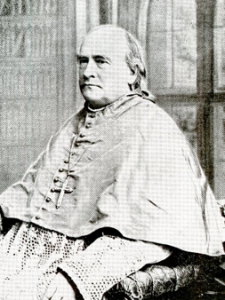 Father McQuaid was then assigned by Bishop James Roosevelt Bayley as the first president of Seton Hall College upon its founding in 1856, and he also became the inaugural rector of the Seminary from 1860-62. He left the school for two years, but came back for a second stint as chief executive at the college from 1859-67. More introductory information on McQuaid can be found via the following link –
Father McQuaid was then assigned by Bishop James Roosevelt Bayley as the first president of Seton Hall College upon its founding in 1856, and he also became the inaugural rector of the Seminary from 1860-62. He left the school for two years, but came back for a second stint as chief executive at the college from 1859-67. More introductory information on McQuaid can be found via the following link – 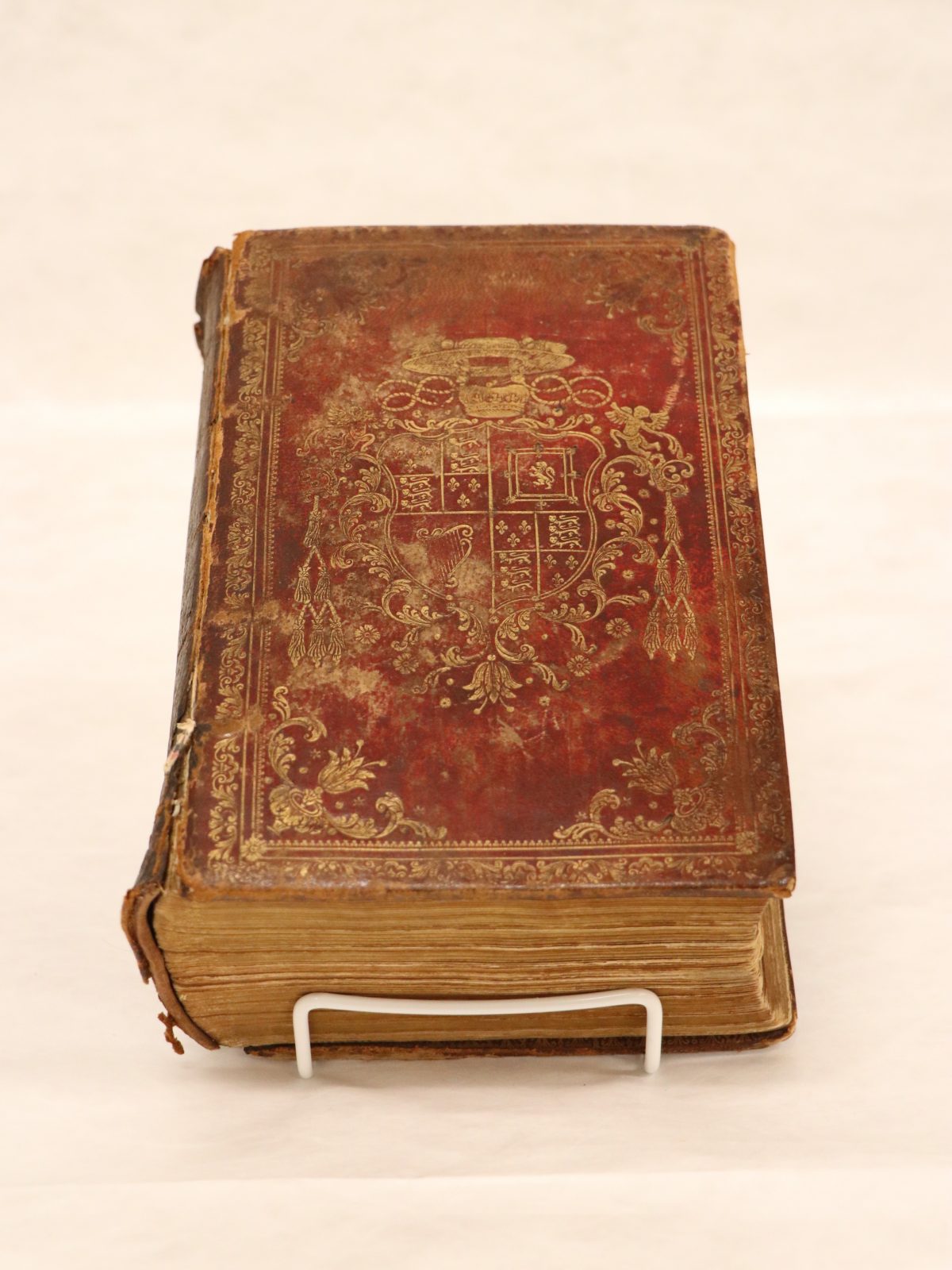
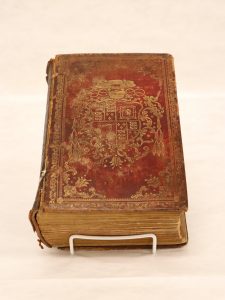
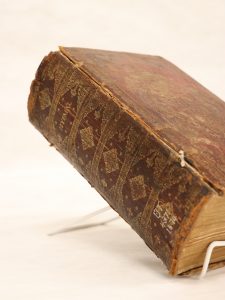
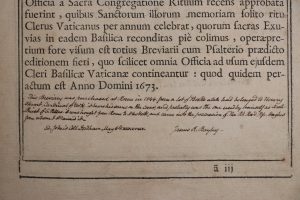
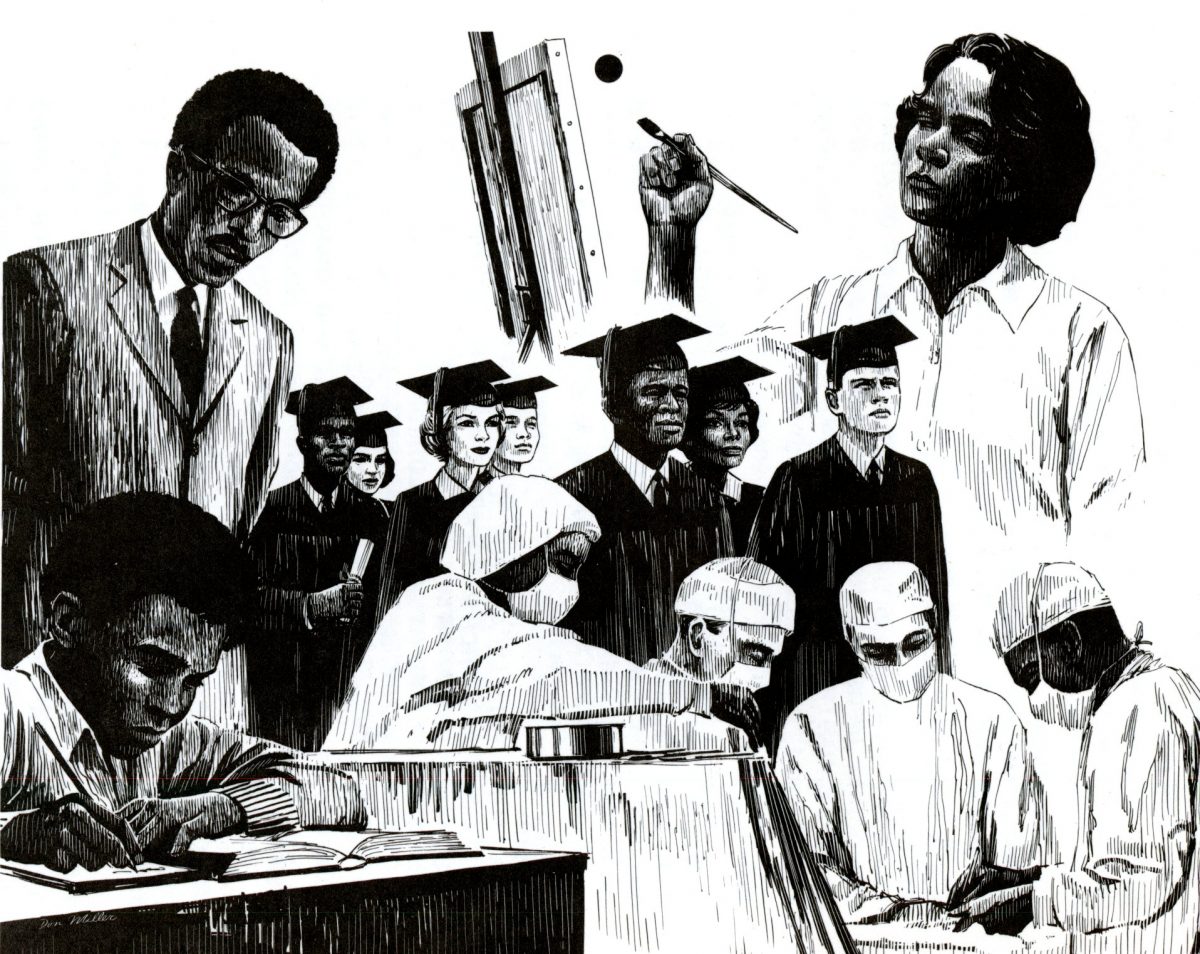
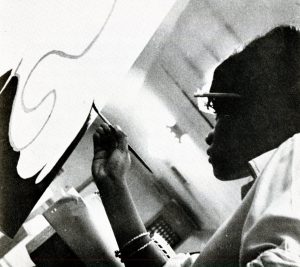
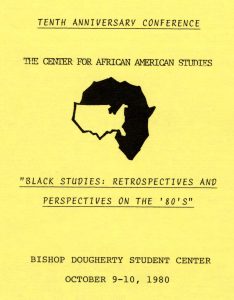
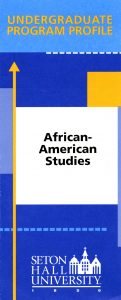 The archival records that correspond to the Center for African American Studies contain materials documenting the operation of the institute from 1970 until the late 1980s. Included within our holdings connected to this area are examples of budget data, office memoranda, course offering overviews, meeting minutes, newsletters, notices, and various operational files that show the inner-workings of the Center. More details about this collection can be found by consulting the following finding aid:
The archival records that correspond to the Center for African American Studies contain materials documenting the operation of the institute from 1970 until the late 1980s. Included within our holdings connected to this area are examples of budget data, office memoranda, course offering overviews, meeting minutes, newsletters, notices, and various operational files that show the inner-workings of the Center. More details about this collection can be found by consulting the following finding aid: 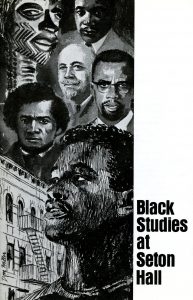
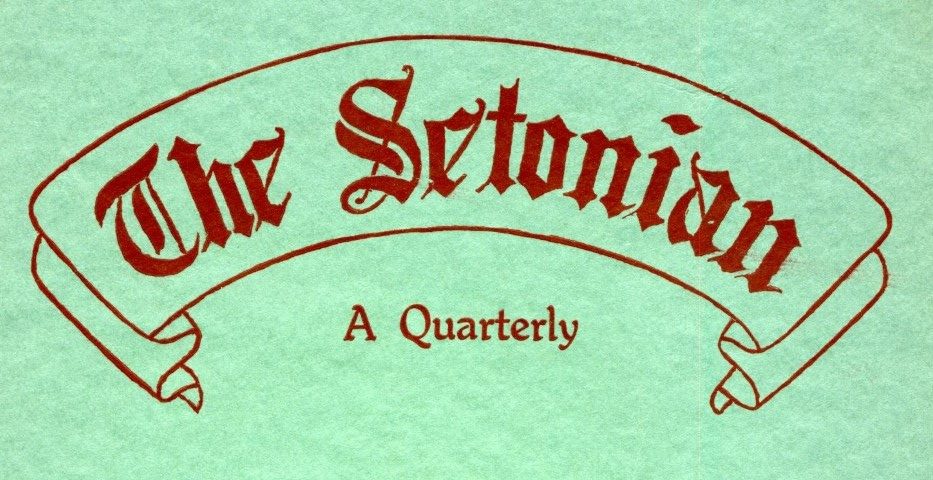
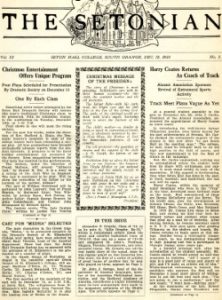 With the onset of the Great Depression-era of the early 1930s, the scale of The Setonian became more modest in presentation with only a few issues published per academic year between 1931-32. Additionally, the size and content resembles more of a literary journal approach than a straight news organ. This was especially evident with the presence of the “Christmas Number” issues which would become a semi-fixture in latter editions of The Setonian over time
With the onset of the Great Depression-era of the early 1930s, the scale of The Setonian became more modest in presentation with only a few issues published per academic year between 1931-32. Additionally, the size and content resembles more of a literary journal approach than a straight news organ. This was especially evident with the presence of the “Christmas Number” issues which would become a semi-fixture in latter editions of The Setonian over time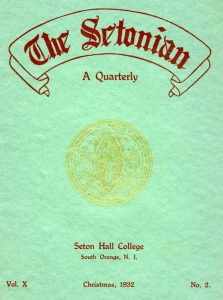
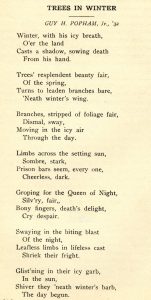
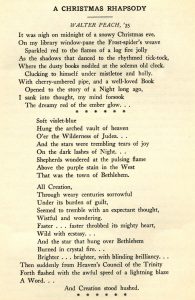 These and other examples are found not only during the earliest days of The Setonian, but in later editions and other expressions around campus even through the latest edition of the paper and as we celebrate the 10th anniversary of the memorable Tree Lighting this year, the spirit of this time of year and meaning of the season are documented for the ages. Happy Holidays everyone!
These and other examples are found not only during the earliest days of The Setonian, but in later editions and other expressions around campus even through the latest edition of the paper and as we celebrate the 10th anniversary of the memorable Tree Lighting this year, the spirit of this time of year and meaning of the season are documented for the ages. Happy Holidays everyone!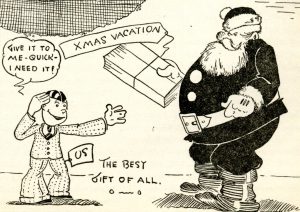
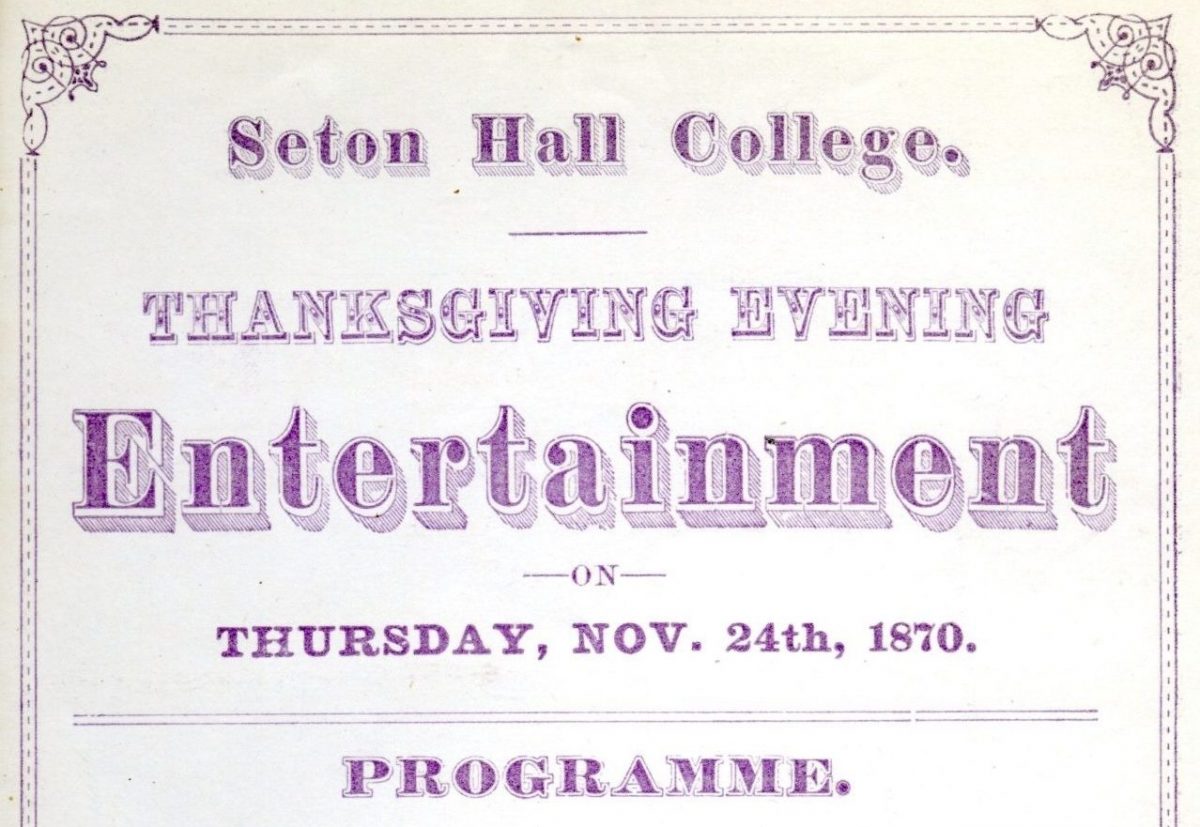
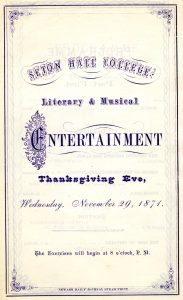
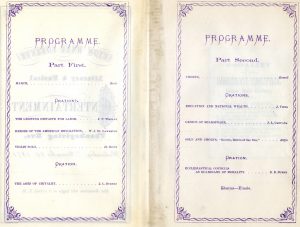
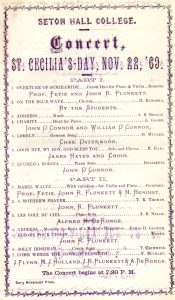 For more information about holiday observances and any aspect of Seton Hall University History please feel free to contact us via e-mail at:
For more information about holiday observances and any aspect of Seton Hall University History please feel free to contact us via e-mail at: 